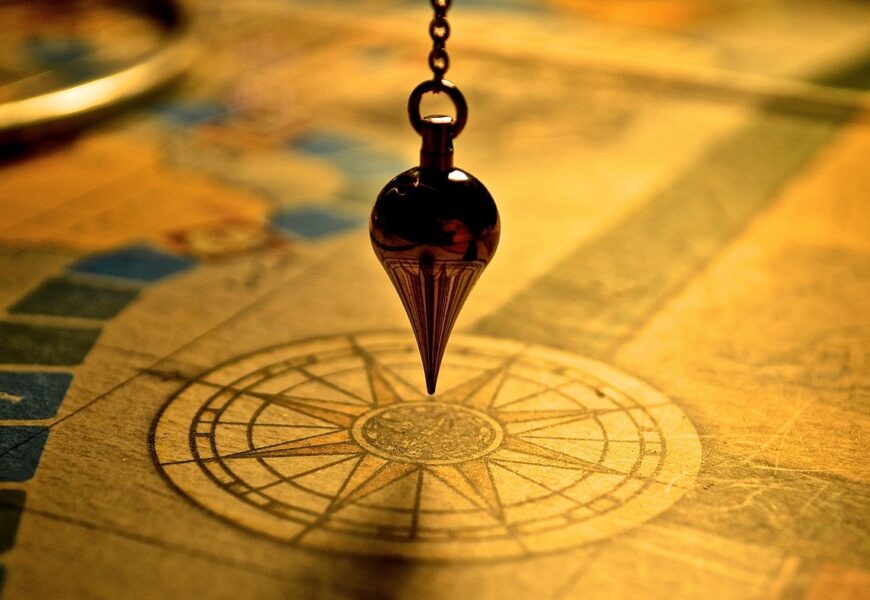Bangkok, Thailand’s vibrant capital city, is a mesmerizing metropolis that captivates travelers with its extraordinary blend of ancient traditions and modern dynamism. Nestled along the Chao Phraya River, this sprawling urban landscape offers an intoxicating mix of sensory experiences that challenge and delight visitors from around the world. From ornate Buddhist temples that glimmer with gold to bustling street markets teeming with exotic aromas and flavors, Bangkok represents a complex tapestry of cultural richness and contemporary energy that makes it one of Southeast Asia’s most compelling destinations.
Historical and Cultural Foundations
Bangkok’s history stretches back to the 15th century, when it was a small trading settlement during the Ayutthaya Kingdom. Formally established as Thailand’s capital in 1782, the city has transformed from a network of canals and traditional wooden houses to a global megalopolis of over 10 million residents. The city’s cultural heritage is deeply rooted in Buddhist traditions, with over 400 temples scattered throughout its urban landscape. The Grand Palace, a stunning complex of royal buildings, exemplifies the city’s architectural grandeur and historical significance. Visitors can explore intricate structures like Wat Phra Kaew, which houses the revered Emerald Buddha, and witness the profound spiritual traditions that continue to shape Bangkok’s social fabric.
The city’s cultural complexity is reflected in its diverse neighborhoods, each offering unique insights into Bangkok’s multifaceted identity. From the traditional communities along the river to the ultra-modern districts with gleaming skyscrapers, Bangkok represents a living museum of cultural evolution and urban development.
Culinary Experiences and Street Food Culture
Bangkok is universally recognized as a global culinary destination, particularly renowned for its exceptional street food scene. The city’s food culture is a dynamic fusion of flavors, techniques, and ingredients that reflect Thailand’s diverse regional traditions. Street markets like Chatuchak Weekend Market and Yaowarat Road in Chinatown offer an immersive gastronomic experience where visitors can sample authentic dishes like pad thai, som tam, and mango sticky rice. These culinary hotspots showcase the incredible skill of local vendors who transform simple ingredients into extraordinary meals.
Beyond street food, Bangkok boasts a sophisticated restaurant scene that ranges from Michelin-starred establishments to traditional family-run eateries. The city’s cuisine reflects a complex interplay of sweet, sour, salty, and spicy flavors, creating a unique culinary language that has gained international recognition. Cooking classes and food tours provide travelers with deeper insights into Thai culinary traditions and techniques.
Modern Urban Landscape and Infrastructure
Bangkok’s contemporary urban infrastructure represents a remarkable achievement in city planning and development. The city’s public transportation system, including the BTS Skytrain and MRT subway, offers efficient connectivity across its vast metropolitan area. These modern transit systems have transformed urban mobility, reducing traffic congestion and providing sustainable transportation options. Alongside traditional transportation, Bangkok has embraced technological innovations, with numerous digital platforms and smart city initiatives enhancing residents’ and visitors’ experiences.
The city’s economic significance extends beyond tourism, serving as a major regional hub for finance, technology, and international business. Districts like Sukhumvit and Silom showcase Bangkok’s cosmopolitan character, featuring world-class hotels, international corporations, and cutting-edge commercial developments that demonstrate the city’s global economic importance.
Shopping and Entertainment Experiences
Shopping in Bangkok is an adventure that ranges from traditional markets to ultra-modern shopping centers. Mega malls like Siam Paragon and CentralWorld offer luxury brands and international retail experiences, while traditional markets like Pratunam provide opportunities for unique finds and bargain hunting. The city’s retail landscape reflects its dynamic economic ecosystem, catering to diverse consumer preferences and international tastes.
Entertainment options in Bangkok are equally diverse, with vibrant nightlife districts like Khao San Road and sophisticated rooftop bars offering contrasting experiences. The city’s entertainment scene encompasses everything from traditional Thai performances to contemporary music festivals, ensuring that visitors can find experiences that match their interests and preferences.
Natural and Recreational Spaces
Despite its urban density, Bangkok maintains numerous green spaces and recreational areas that provide respite from city life. Lumphini Park, a 142-acre urban oasis, offers walking paths, outdoor fitness areas, and opportunities for relaxation. The city’s commitment to preserving natural spaces demonstrates a balanced approach to urban development that prioritizes residents’ quality of life.
Surrounding Bangkok, day trips to nearby destinations like Ayutthaya Historical Park and floating markets offer additional opportunities for exploration and cultural immersion. These excursions provide travelers with broader perspectives on Thailand’s rich cultural landscape and natural beauty.
Bangkok represents a extraordinary destination that defies simple categorization. Its complex identity emerges from a unique blend of historical depth, cultural richness, and contemporary dynamism. Travelers who approach the city with curiosity and openness will discover a multifaceted urban environment that continually challenges and rewards exploration. Whether experiencing its spiritual traditions, culinary delights, or modern innovations, Bangkok offers an unparalleled journey of discovery that resonates long after the visit concludes.









